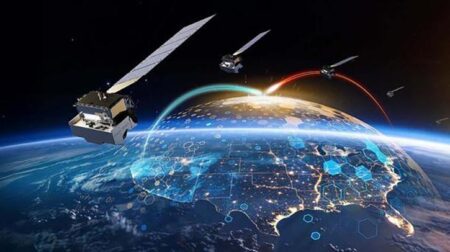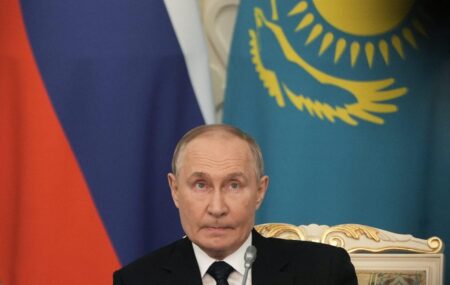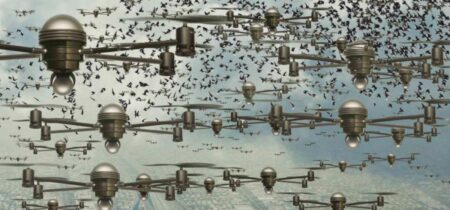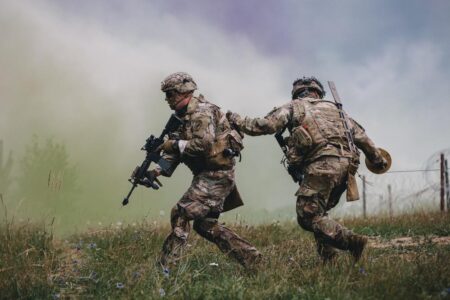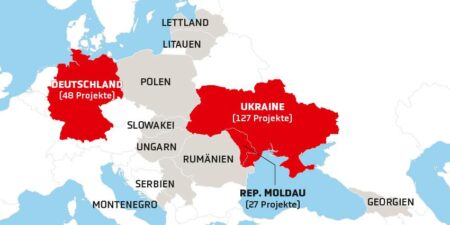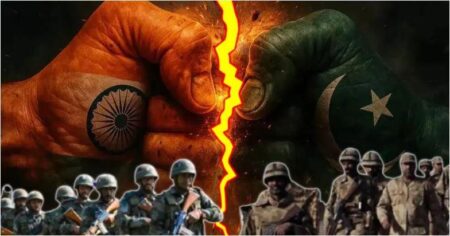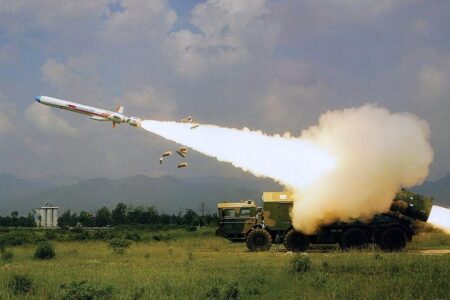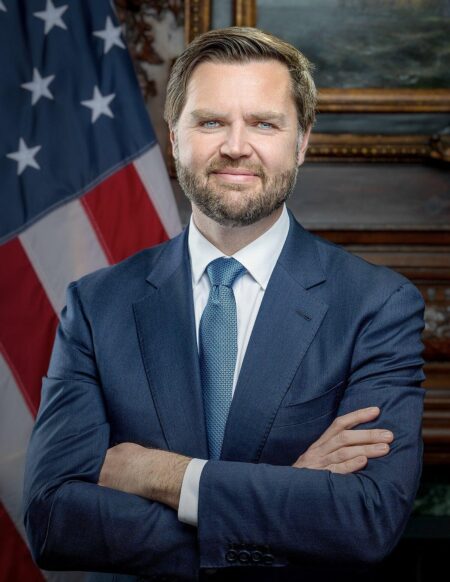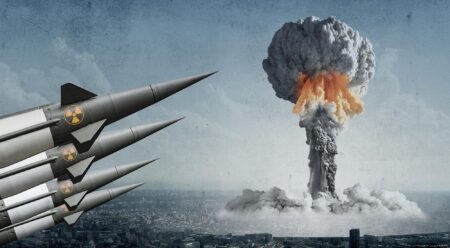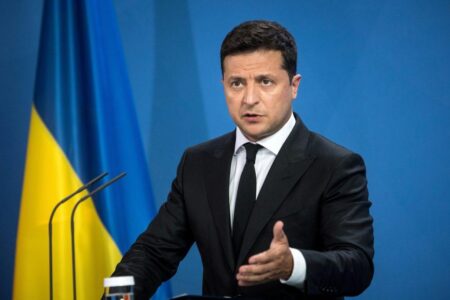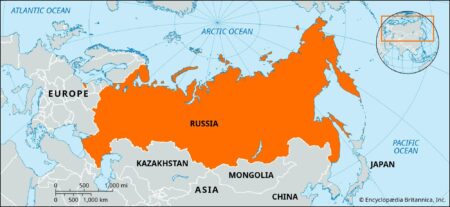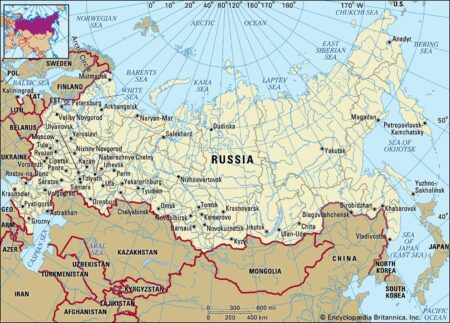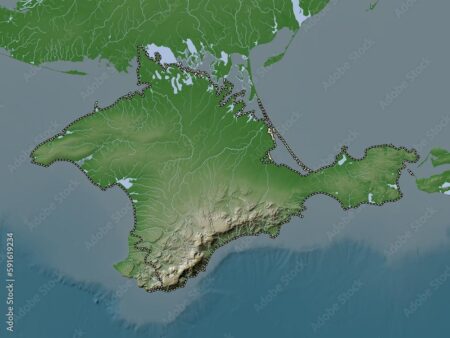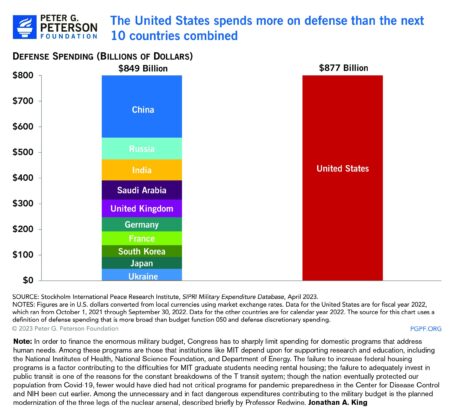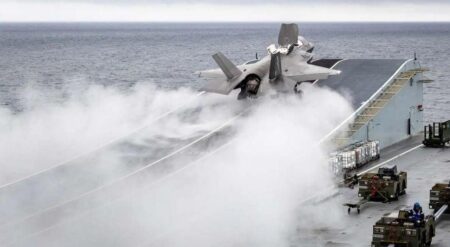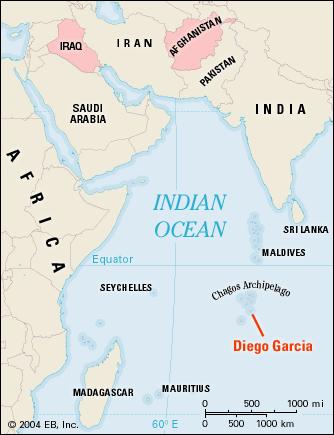The U.S. Golden Dome missile defense system is set to transform the strategic landscape, igniting a wave of concern in Moscow. Experts warn that this development could heighten tensions, compelling Russia to strengthen its defenses and reassess its military strategy in the region.
Browsing: military strategy
A recent analysis by Forbes paints a stark picture: if Russia continues its military engagement at the current rate, it could take centuries and result in tens of millions of casualties to conquer Ukraine. This chilling forecast highlights not only the enduring stalemate but also the staggering costs associated with this ongoing conflict
In a striking turn of events, Chinese weapons have showcased their prowess in combat tests during the recent India-Pakistan clash, delivering remarkable performance under real battle conditions. This significant development underscores China’s expanding influence in the region as military tensions continue to rise.
In a captivating new report, the Center for Strategic and International Studies sheds light on the intensifying drone saturation in Russia’s Shahed campaign. This bold strategy employs massive drone strikes to outmaneuver and overwhelm defense systems, sparking significant concerns about regional security and evolving military tactics.
France is gearing up to unleash combat robots by 2027, marking a bold step towards creating a fully operational robot army by 2040. This visionary initiative seeks to supercharge military capabilities and seamlessly weave cutting-edge technology into defense operations.
In a dramatic turning point of the Battle of Okinawa, a fearless soldier launched an audacious charge that pierced through Japanese defenses, dramatically altering the course of the conflict. This remarkable act of bravery showcased the indomitable spirit and relentless determination that defined the intense fighting on the island, playing a crucial role in securing victory for the Allies
Ukraine has revealed intriguing insights into Russia’s latest innovation, the Banderol cruise missile, showcasing its cutting-edge capabilities and impressive operational range. This announcement arrives during heightened tensions between the two nations, illuminating the rapid advancements in military technology.
The enduring India-Pakistan conflict offers a unique strategic opportunity for China, as it aims to bolster its intelligence operations in the region. Experts believe that the escalating tensions could pave the way for China to gain invaluable insights into the military strategies of both nations.
Ukrainians are approaching the current pause in hostilities with Russia with a healthy dose of skepticism, viewing it more as a strategic ploy than a real chance for peace. As one voice among many puts it, “Why would we play Putin’s game?” This sentiment underscores the importance of staying alert in these uncertain times, where fragile outcomes can shift at any moment.
In a stunning turn of events, India and Pakistan have found themselves embroiled in a fierce military confrontation, unveiling an impressive arsenal of advanced weaponry. From cutting-edge Chinese missiles to sleek French jets and high-tech Israeli drones, the clash underscores the intricate web of geopolitics that defines South Asia today. As regional tensions continue to mount, this conflict serves as a stark reminder of the volatile landscape in which these nations operate.
In a recent statement, Senator JD Vance raised alarm bells about Russia’s aggressive ambitions, emphasizing that the nation is laying claim to territory it has yet to secure in the ongoing conflict. His remarks shine a spotlight on the escalating tensions in Eastern Europe and their potential ramifications for global security.
In a recent statement, Russian President Vladimir Putin emphasized that the need to deploy nuclear weapons has not arisen in the ongoing conflict in Ukraine. His comments come at a time of escalating tensions and intense international scrutiny surrounding Moscow’s military maneuvers
Ukrainian President Volodymyr Zelenskyy has firmly dismissed calls for a brief truce, declaring that he will not participate in what he refers to as “Putin’s games.” His resolute statement highlights Ukraine’s unwavering determination to stand strong against external pressures during the ongoing conflict with Russia.
As Russia grapples with hurdles in its spring offensive, military strategists are optimistic that the arrival of warmer weather will invigorate their operations. With ground conditions steadily improving, officials are gearing up for a surge in maneuvers, even as they navigate through ongoing challenges on the battlefield.
Russia will continue to focus on striking locations used by Ukraine’s military, declared Foreign Minister Sergei Lavrov. This statement emerges amidst escalating tensions, as Moscow seeks to undermine Ukraine’s defense capabilities in this enduring conflict.
Crimea has become a focal point in the ongoing dialogue surrounding the resolution of Russia’s war in Ukraine. Its strategic position, rich history, and abundant resources render it an invaluable asset, shaping not only diplomatic negotiations but also military tactics on both sides.
In a powerful declaration, Prime Minister Narendra Modi vowed that India will chase down the perpetrators behind the recent violence in Kashmir “to the ends of the earth.” His words highlight India’s unwavering dedication to counterterrorism and safeguarding national security as tensions in the region continue to rise.
Italy’s recent boost in defense spending has ignited a lively debate across the nation. Government officials emphasize the urgent need for stronger military capabilities in light of rising regional tensions, while critics passionately contend that these funds would be better spent addressing critical social issues that affect everyday citizens.
The UK’s Pacific deployment is in full swing, highlighting its unwavering dedication to global maritime security. As tensions escalate in the region, the Royal Navy’s carrier strike group takes center stage, showcasing a strategic shift that asserts its influence amidst the ever-changing geopolitical landscape.
A groundbreaking agreement between the U.K. and the U.S. concerning Diego Garcia is poised to transform the strategic dynamics of the Indian Ocean. This pivotal deal could bolster military presence and operational flexibility, underscoring America’s unwavering commitment to ensuring regional stability.

